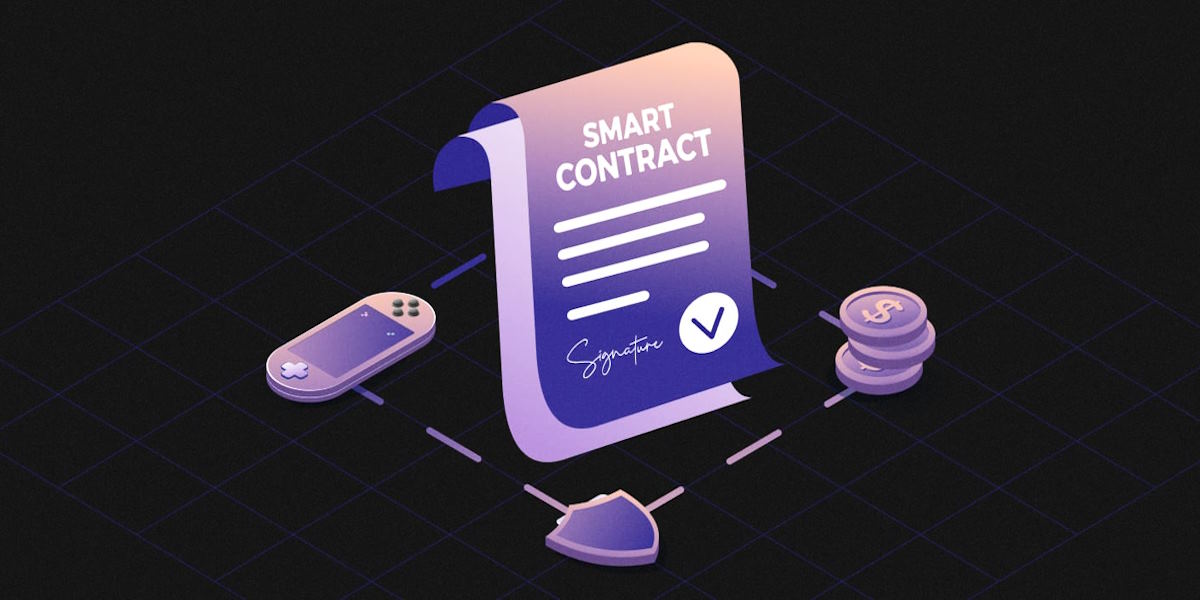How to Audit and Verify Smart Contracts for Security

Auditing and verifying smart contracts are crucial steps in ensuring their security and functionality. As smart contracts manage significant transactions and data on blockchain networks, vulnerabilities can lead to severe consequences. This guide outlines how to effectively audit and verify smart contracts to safeguard against potential security risks.
Understanding Smart Contract Vulnerabilities
- Common Vulnerabilities
- Reentrancy Attacks: Occur when a contract makes an external call to another contract before resolving its state changes, potentially allowing an attacker to exploit this and withdraw funds multiple times.
- Integer Overflows and Underflows: These happen when a calculation exceeds the maximum or minimum value that a variable can hold, causing incorrect results and potentially exploitable errors.
- Uninitialized Storage Pointers: This can lead to unintended behavior if storage variables are not properly initialized, allowing attackers to exploit default values.
- Potential Impact
- Financial Loss: Exploits can result in significant financial losses for users and developers.
- Data Integrity: Vulnerabilities can compromise the integrity of the data managed by the smart contract.
Best Practices for Smart Contract Verification
- Code Review and Testing
- Manual Code Review: Conduct thorough manual reviews of the smart contract code to identify potential security issues and logical errors.
- Automated Testing: Automated testing tools are used to run unit tests and functional tests that cover various scenarios and edge cases.
- Security Audits
- Professional Audits: Engage third-party security firms specializing in smart contract audits to provide an unbiased assessment of the contract’s security.
- Audit Reports: Review audit reports to understand identified vulnerabilities and recommendations for improvements.
Tools and Techniques for Smart Contract Audits
- Static Analysis Tools
- MythX: Analyzes smart contracts for common vulnerabilities using static analysis techniques.
- Slither: Provides a comprehensive static analysis for identifying issues in Solidity code.
- Dynamic Analysis Tools
- Echidna: A fuzzer for Solidity smart contracts that helps find vulnerabilities by running randomized tests.
- Manticore: A symbolic execution tool that explores possible execution paths to detect vulnerabilities.
Effective auditing and verification of smart contracts are essential for ensuring their security and reliability. By understanding common vulnerabilities, adhering to best practices, and utilizing appropriate tools, developers can significantly reduce the risk of security issues and ensure that smart contracts operate as intended.


